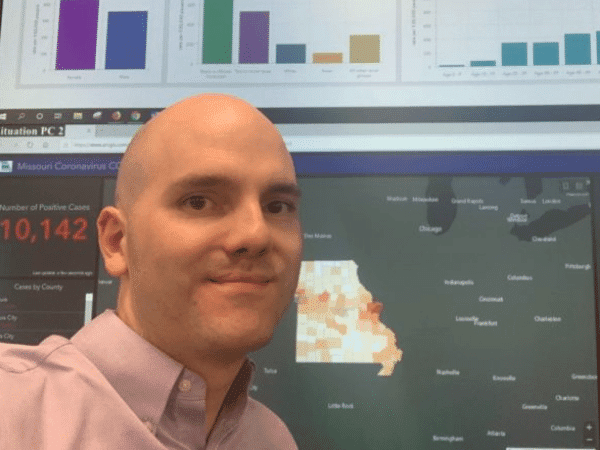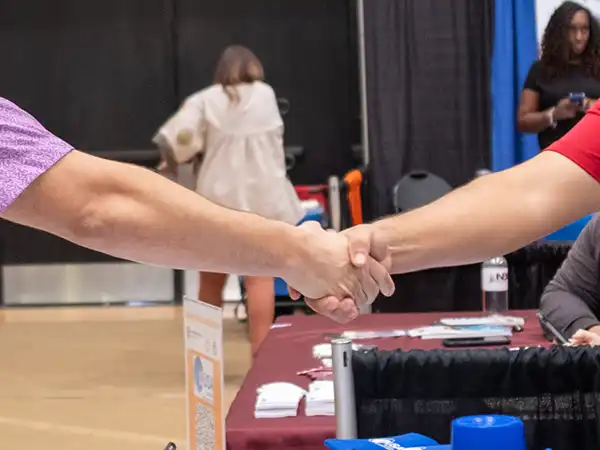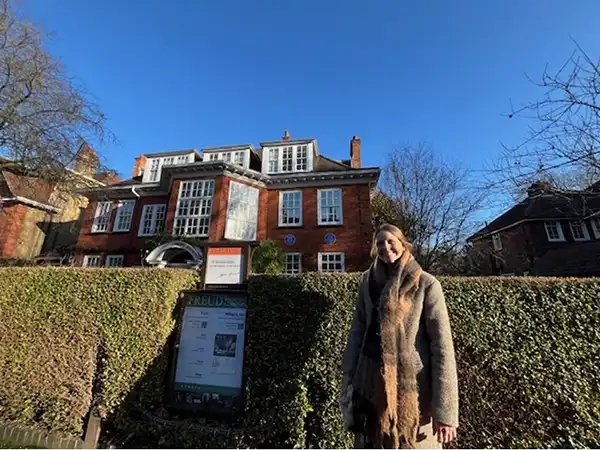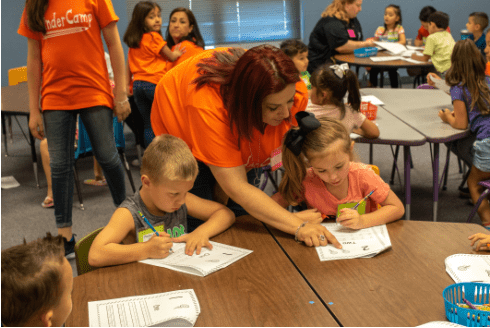Hello Falcons,
My name is Patrick Aguilar. I attended UTPB from 2003-2006 and earned a Bachelor of Arts in political science with a minor in biology. During my time as a student, I participated in the pre-med organization and was involved in the Career Services Advisory Council as well as the College of Arts and Sciences Student Advisory Council.
Toward the end of my time at Andrews High School (go Mustangs!), I remember ordering college catalogs (when those were a thing) from UT, Texas A&M, and Texas Tech. Although they had impressive course offerings, I was very intimidated by the long list of faculty names that lacked any details about who they were. UTPB’s catalog had full length profiles with details about faculty interests, backgrounds, and personalities. In addition to the attractive financial aid package, that level of detail gave me the confidence to know that I would get personal attention and actually know the faculty who were teaching my courses. That certainly turned out to be true! I had close relationships with many of the faculty and still fondly remember the great conversations we had on a regular basis.
My favorite classes were political theory with Dr. Robert Perry and evolution with Dr. Diane Post, who has since retired. Both classes taught me frameworks that I have used throughout my career. That said, I enjoyed any class that taught me a new way of looking at problems and seeing the world.
After college, I attended medical school at UTMB in Galveston followed by residency in internal medicine (San Antonio) and a fellowship in pulmonary/critical care medicine (St. Louis). After fellowship, I directed the ECMO program at Baylor University Medical Center in Dallas before moving back to St. Louis, where I directed the Medical Critical Care program at Barnes-Jewish Hospital. While there, I became very interested in the application of organizational psychology principles into healthcare contexts, which compelled me to earn an MBA at Olin Business School at Washington University in St. Louis. We built a dual MD/MBA degree and launched an innovation curriculum at the School of Medicine, as well.
In August of 2020, I accepted a position as Chief Medical Officer at MedWise, LLC, which is a healthcare venture that has been launched by QuikTrip (a convenience store chain with 900 locations around the country). My job is to oversee clinical strategy and support teams that hire and develop providers, develop regulatory compliance programming, and optimize our revenue cycle. The work varies quite significantly on a daily basis but allows me to think in new ways all the time. At UTPB, I alternated between classes in the natural sciences and those in the social sciences. This type of “cognitive switching” set the stage for me to be able to have a lot of flexibility in thinking about things during the day. That helps me tremendously in my work addressing all kinds of challenges at MedWise. Although I use my MBA more than my MD on a daily basis, I also attend part time at Dell Medical School at UT Austin, where I get to see patients and teach students and residents internal medicine.
UTPB has a great track record of connecting students with faculty members who have a strong interest in teaching. That means they will prioritize personal relationships and focus on helping students get the knowledge necessary to succeed in meeting their goals. 15 years after graduating, I am still connected to some of my faculty mentors and have benefited a lot from their insights over the years. Small class sizes and personal relationships can be found at other universities, but they often come with big price tags. UTPB gives the best of all worlds in this regard.
To the students at UTPB:
Throughout your entire career, take advantage of good mentorship opportunities everywhere you find them. I have always tried to have a group of 2-3 mentors at every stage of my career. No matter how smart and hardworking you are, talented and thoughtful people ahead of you can help you find your blind spots and navigate difficult situations. UTPB professors and alumni are great resources for you as you work through this stage of your life. Keep those connections and develop new ones everywhere you go!




